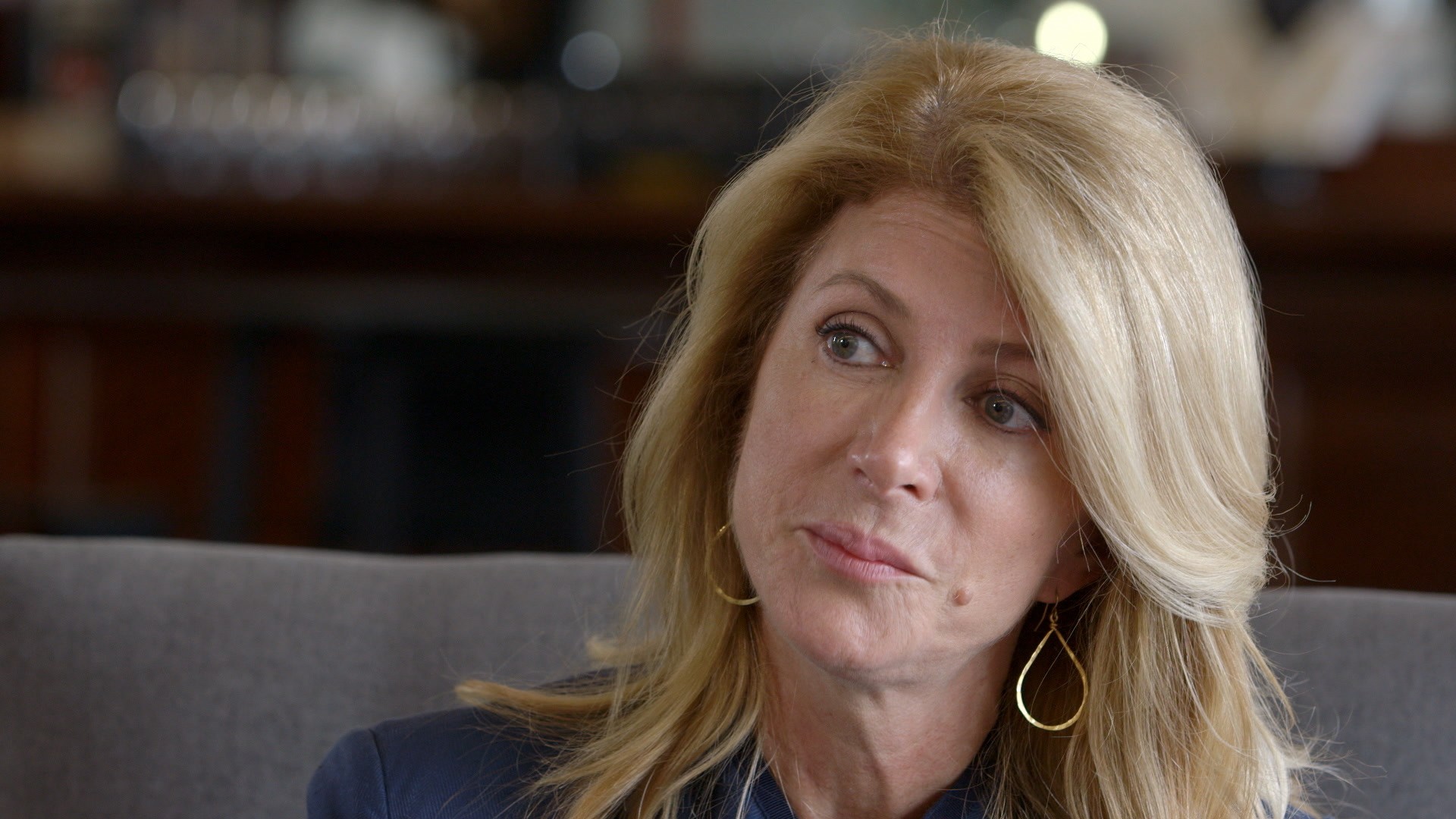Photo by Xunbin Pan via Stocksy
Irish reproductive rights campaigners are outraged after a child was sectioned under the Mental Health Act and committed to psychiatric care—all because she asked her doctor for an abortion.The Child Care Law Reporting Project, an independent organization that monitors Irish childcare proceedings, reports that the unnamed girl approached her doctor after finding herself pregnant. A psychiatrist ruled that the girl was at risk of self-harm and suicide as a result of her pregnancy.Despite the fact that Ireland's Protection of Life During Pregnancy Act (PLPDA) provides for an abortion if doctors determine that continuing with the pregnancy poses a suicide risk to the girl or woman, the psychiatrist's response was not to help her access an abortion. Instead, they determined that the girl was mentally ill—and detained her against her will under the Mental Health Act."While the consultant psychiatrist was of the opinion that while the child was at risk of self-harm and suicide as a result of the pregnancy," the case reads, "this could be managed by treatment and that termination of the pregnancy was not the solution for all of the child's problems at that stage."The case illustrates how the PLDPA is not fit for purpose. "This case is in no way surprising to us," comments Mara Clarke of the Abortion Support Network. "We've had cases where women who have attempted suicide—in two cases, twice attempted suicide—were deemed not suicidal enough to obtain an abortion in Ireland under the Protection of Life During Pregnancy Act."
Watch: The Unstoppable Wendy Davis on the Fight for Abortion Rights
For now, the case throws into sharp relief Ireland's inhumane abortion laws. A nation that locks up a child simply for attempting to access her basic reproductive rights is not a country serving its duty to protect the health and wellbeing of all its citizens. Until Ireland's Eighth Amendment (prohibiting abortion in all but the most extreme circumstances) is repealed, many more women and children might be subject to this brutal and dehumanizing treatment."This case is a stark reminder of the barriers and harsh reality women face in Ireland in accessing abortion," says Grainne Taggart of Amnesty International. "We call on the Irish government to act swiftly to bring about much needed constitutional and legislative reform. It's time we had laws which protect women, uphold their rights and ensure timely access to this form of healthcare."
Advertisement
Disturbingly, the girl and her mother had believed they were being transferred to Dublin for an abortion and were unaware that she was, in fact being admitted to a mental health unit. After visiting the girl in detention, a District Court-appointed guardian described her to the judge overseeing her case as "extremely upset." A second court-appointed psychiatrist judged that, although she was "depressed" and "had very strong views as to why she wanted a termination," there was "no evidence of a psychological disorder" that would merit her being committed involuntarily to psychiatric care.In short, the girl was not insane: She just didn't want to be pregnant. After hearing testimony from the second psychiatrist, as well as a third psychiatrist who'd treated the girl prior to her admission, the girl was discharged from the mental health unit—presumably, after what must have been a frightening and profoundly traumatic experience.Read more: What It's Like Helping Women Get the Abortions They Need
Advertisement
A leading Irish abortion rights group has argued that the case illustrates how medical professionals allow their personal views to cloud their professional judgment. "Looking at the report, it's hard not to think that the psychiatrist in this case essentially used the Mental Health Act as a tool to force a child into continuing an unwanted pregnancy because of their own personal beliefs," says Linda Kavanagh of the Abortion Rights Campaign. She highlights one survey which found that almost 90 percent of Irish psychiatrists disagreed with the government's plans to allow abortions where there is a suicide risk. "It is clear we need some process which ensures medical professionals with such conscientious objections cannot block timely health care in critical cases."
Watch: The Unstoppable Wendy Davis on the Fight for Abortion Rights

For now, the case throws into sharp relief Ireland's inhumane abortion laws. A nation that locks up a child simply for attempting to access her basic reproductive rights is not a country serving its duty to protect the health and wellbeing of all its citizens. Until Ireland's Eighth Amendment (prohibiting abortion in all but the most extreme circumstances) is repealed, many more women and children might be subject to this brutal and dehumanizing treatment."This case is a stark reminder of the barriers and harsh reality women face in Ireland in accessing abortion," says Grainne Taggart of Amnesty International. "We call on the Irish government to act swiftly to bring about much needed constitutional and legislative reform. It's time we had laws which protect women, uphold their rights and ensure timely access to this form of healthcare."
